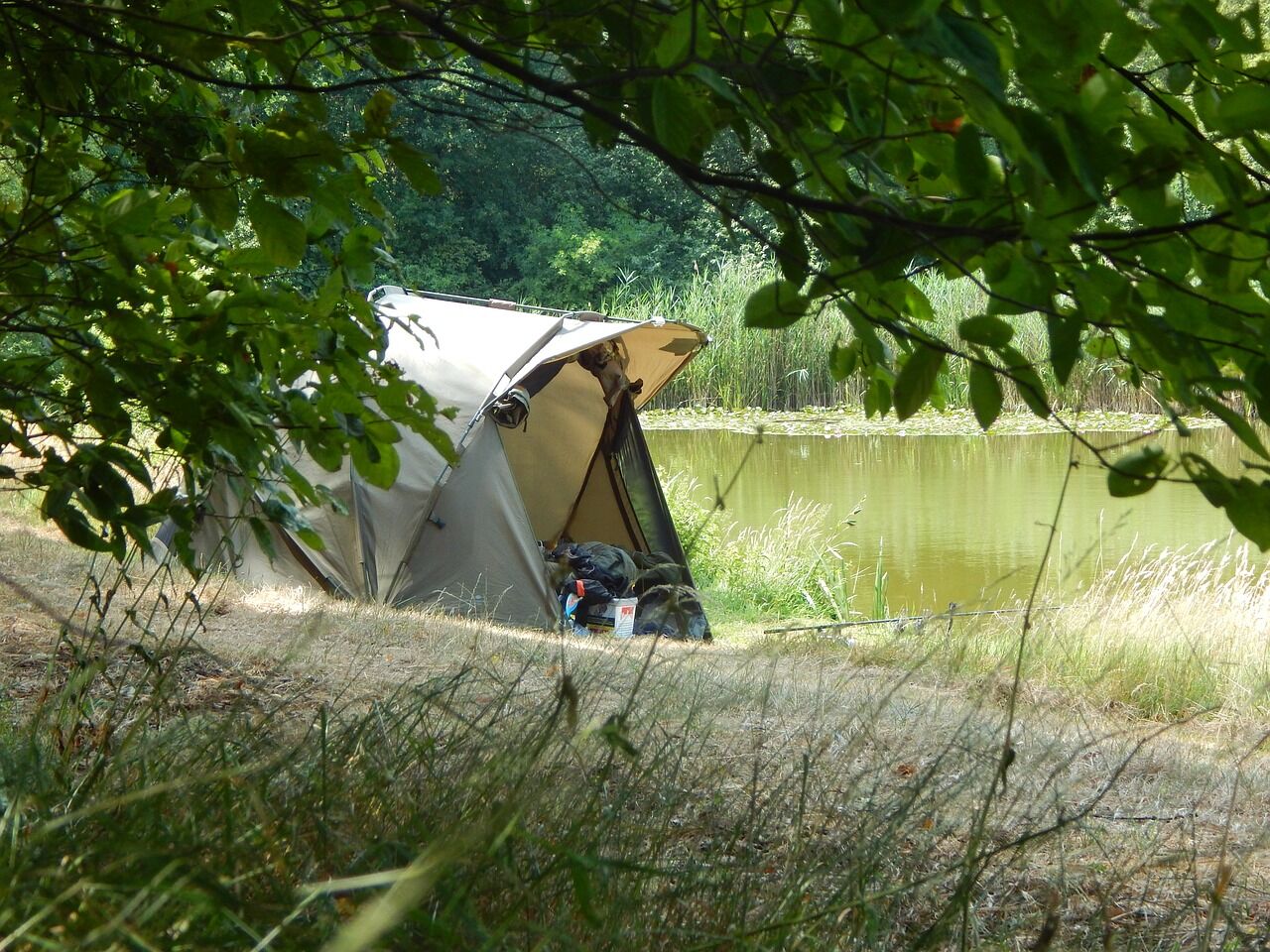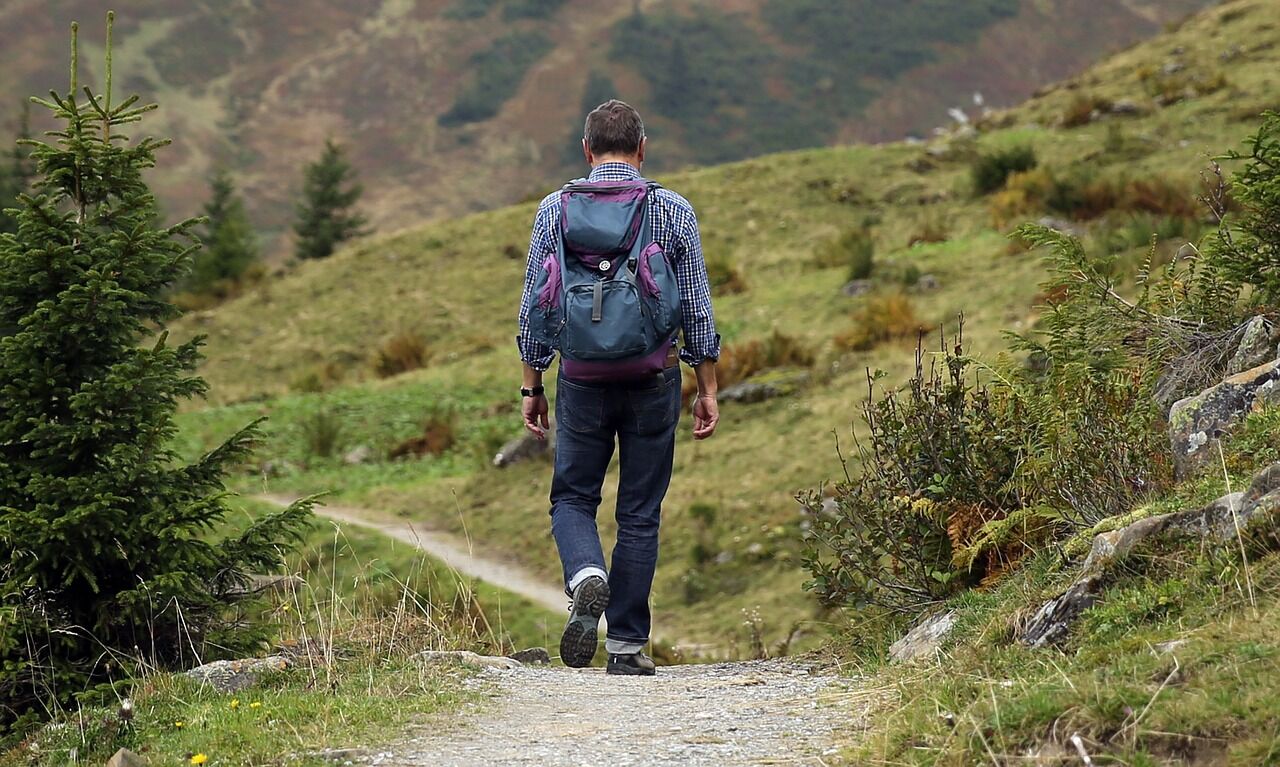Their are many things you can learn from camping that will make you better prepares. Nothing can replace the sheer teaching power of the experience.
Category: Camping
What is Some Advice For Night Camping as A Solo Hiker?
Solo hiking is quite different when you compare it with group hiking. You are going to spend the whole night alone, face the fear and cook your own food etc. In the case of bad weather like snow and rain, you need to deal with the condition by yourself. But at the same time, solo […]
Everything You Need to Know About Cabin Tent Camping
Spending time outdoors is very therapeutic. The fresh air and the sight of natural vegetation will help you relax and forget some of your troubles. Life can get quite difficult and if you don’t find a good activity to blow off some steam, you may lose it all or even run mad. Camping is one […]
Backpacking Guide for Digital Nomads
Packing light may seem like a strenuous task, but there is no rocket science to it. Whether you plan on backpacking for a weeklong vacation, or for something extraordinary, packing light is key to having a successful trip. If you decide to travel light, you will benefit in more ways than you can possibly imagine. […]
Camping Hacks, Tips, and Tricks
Camping is an awesome outdoor activities and it has its own unmatched fun and excitement. Like every other thing, camping can be made more efficient, fun and frolicsome with some really valuable Camping hacks, tips, and tricks. Here are 7 camping tips. Test Your Gear- The gear you bought last year or probably a couple […]





